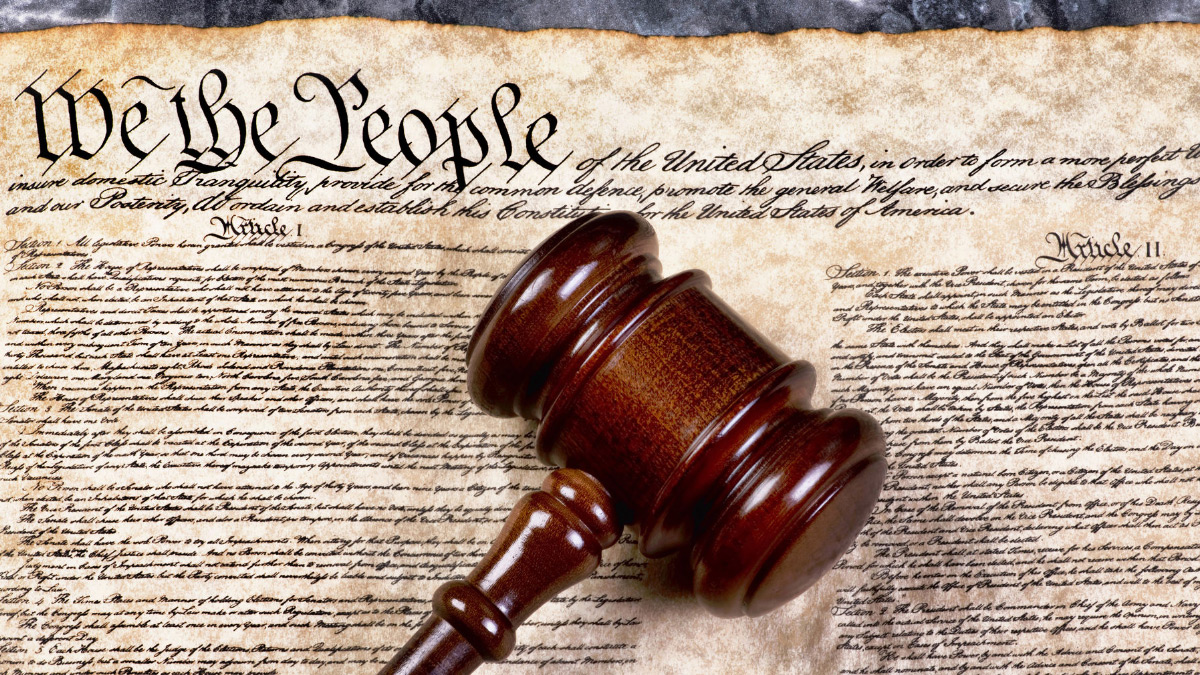214Views

DUI checkpoints are an effective tool police use to deter drunk driving, and are legal in Georgia as long as they adhere to specific guidelines.
DUI Attorney James Yeargan recommends being familiar with your constitutional rights when approaching a DUI checkpoint.. Officers cannot stop you solely on suspicion or for making illegal maneuvers – such as erratic driving or traffic violations.
Reasonable Suspicion
DUI checkpoints are legal in Georgia, as long as they follow certain constitutional guidelines. This may include employing uniformed officers with standard procedures in an accessible location that experiences high volumes of traffic. Officers may ask drivers for basic identification but are not required to answer questions that could compromise them; politely informing an officer that you intend to exercise your right to remain silent can ensure your rights are safeguarded.
Reasonable suspicion is a legal standard police must meet before stopping and questioning drivers of vehicles. Unlike probable cause, which would usually require actual evidence of criminality, reasonable suspicion is determined by facts which lead reasonable people to suspect someone of engaging in unlawful behavior.
This blog post describes five requirements of reasonable suspicion, as well as what could happen if one or more conditions aren’t fulfilled. Additionally, this post touches upon non-DUI related roadblocks like safety stops for checking seatbelts and child car seats or Terry stop investigations.
Search and Seizure
Law enforcement officers conducting DUI checkpoints must abide by stringent constitutional guidelines when setting them up, including adhering to the Fourth Amendment of the Constitution which protects against unreasonable searches and seizures.
DUI checkpoints must have a specific purpose, such as stopping drunk driving. Their placement must not be random and the Twiggs County Sheriff’s Office must notify other agencies at least 72 hours in advance about its plans for conducting one. Furthermore, each vehicle passing through must be thoroughly scrutinized.
Even with these requirements in place, DUI checkpoints could still be unconstitutional if conducted improperly. As per Georgia Supreme Court’s LaFontaine v. State ruling, five conditions must be fulfilled for it to be legal.
Supervisor approval must be secured before conducting a roadblock, while officers should have received adequate training on DUI detection. If these criteria aren’t fulfilled, evidence seized during the stop could be excluded at trial – meaning even if someone is found guilty, their case could still be thrown out on this basis.
Due Process
Law enforcement officials should never search your vehicle without probable cause or consent. Even if they stop at a DUI checkpoint, any attempt at forceful search could constitute unlawful search and seizure; you should assert your rights calmly during this encounter while discreetly documenting any possible interactions with law enforcement.
Although many consider DUI checkpoints to violate their Fourth Amendment rights, the Supreme Court has upheld them under certain guidelines set by each state. These rules include making sure the purpose is limited solely to drunk driving prevention, the location must be approved prior to its placement and clearly marked, and officers conducting screenings must have training and experience conducting screenings.
At a checkpoint, officers may request your driver’s license and registration. When answering questions regarding alcohol consumption or drug usage, be polite. Any admissions could later be used against you in court proceedings.
Invasion of Privacy
Remember that America was founded upon principles of freedom, including speech, religion and privacy rights. The constitution protects you from unreasonable search and seizure – this principle limits police use of DUI roadblocks if they violate this restriction; any evidence obtained could then become inadmissible in court proceedings.
Georgia courts have set forth guidelines for police when setting up DUI roadblocks, providing clear regulations on location, timing and screening procedures of these roadblocks. A supervisor must approve its location, timing and screening procedures prior to creating it, while being clearly marked and creating minimal traffic delays; trained officers must staff it and be able to explain why they’re conducting it; any failure on any of these conditions could prompt an experienced DUI attorney to challenge its legality and possibly have your charges dropped.



